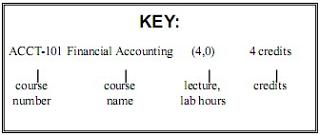Arts & Design Business & Public Service Center for Teaching & Learning Communication & Languages English English as a Second Language Options Health Science Education Humanities, Social Science, Social Work & Education Mathematics & Computer Science Science & Engineering RVCC Center for Environmental Studies
Arts & Design Business & Public Service Center for Teaching & Learning Communication & Languages English English as a Second Language Options Health Science Education Humanities, Social Science, Social Work & Education Mathematics & Computer Science Science & Engineering RVCC Center for Environmental Studies
2020-2021 Catalog
Raritan Valley Community College
| Jul 13, 2025 |
|
||||||||||||||||||||||||||||
|
|
||||||||||||||||||||||||||||
All catalogs © 2025 Raritan Valley Community College.
Powered by Modern Campus Catalog™.
 Print this Page
Print this Page
